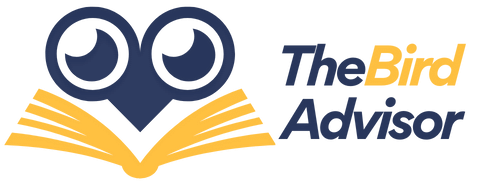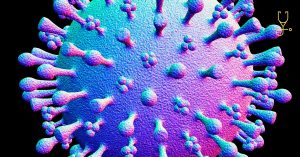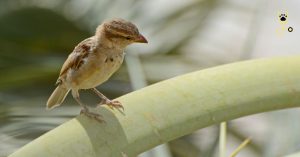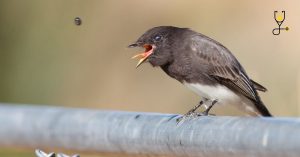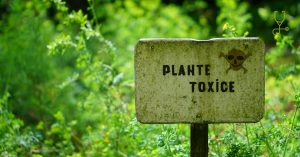Welcome, bird owners! We all know that our feathered friends require special care and nutrition in order to stay healthy. What are some of the best foods to give your beloved avian companions? From diets for specific species to creating a balanced blend for multiple birds, here you will learn about the best and healthiest food options available for your cherished family friend. With this knowledge in hand, you can confidently provide nourishment that meets all their dietary needs so they can thrive no matter what type of pet bird you have!
1. Seed Blends
Seed blends provide a great basis for a bird’s diet, and come in various forms and sizes. You can choose from those specifically formulated to meet the nutritional needs of certain species or create your own mix depending on the birds you have at home. Be sure to pay attention to ingredients like sunflower seeds, millet, hempseed, oats, buckwheat, and more so that you are providing them with essential vitamins and minerals as well as a varied diet that also satisfies their taste buds.
Also Read: Reasons Why An All-Seed Diet Is Damaging To Your Bird’s Health
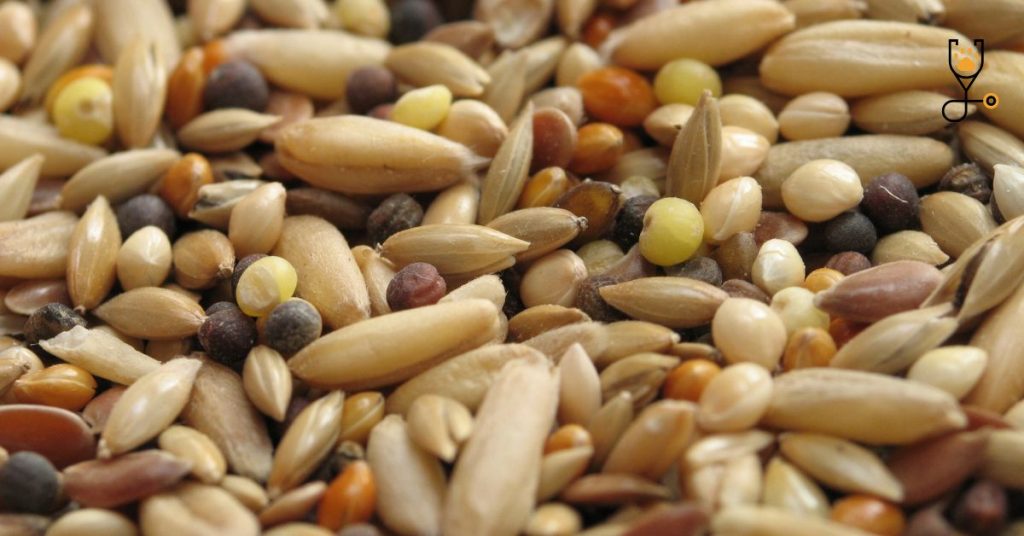
2. Fruits & Vegetables
Fruits and vegetables should also be included in a bird’s diet for optimal health. Consider adding fresh produce such as apples, pears, grapes, and berries into their daily feedings. Dark leafy greens like kale, Swiss chard, and spinach are also good sources of essential vitamins and minerals that your feathered friend will benefit from.
Similar: 8 Safe Vegetables for Pet Birds to Eat
3. Pellets
A formulated diet food such as pellets can also be beneficial to your bird’s health since they contain balanced nutrition in every bite. Choose a pellet formula that has been created specifically for the species you have at home so you know they are getting all the necessary nutrients. Alternatively, if you have multiple birds in one household then opt for an all-purpose blend that offers the right balance of proteins, carbohydrates, fats, and vitamins needed by any type of avian pet!
4. Home-Prepared Meals
You can also prepare meals at home for your pet birds. As a general rule of thumb, aim to include an array of fresh foods such as fruits and vegetables, whole grains, legumes, eggs, and lean proteins like cooked chicken or fish. Make sure that whatever you make is cooked thoroughly so it can be easily digested by your feathered friend.
Learn More: All About Quick and Easy Homemade Bird Treats
5. Treats
Lastly, don’t forget to give your bird some treats now and then! Fruits like apples, oranges, pears, and bananas are great choices as well as nuts like almonds or walnuts. You can also offer seeds as special rewards from time to time just make sure not to overdo it as too much of a good thing can lead to obesity in birds!
6. Supplements
Supplements can also be added to a bird’s diet in order to ensure they are getting all the vitamins and minerals they need. Probiotics, omega-3 fatty acids, vitamin E, and electrolytes are just some of the supplements that can promote a healthy immune system, as well as help, keep your feathered friend active and alert.
Also checkout: All About Vitamin-Rich Foods for Pet Birds
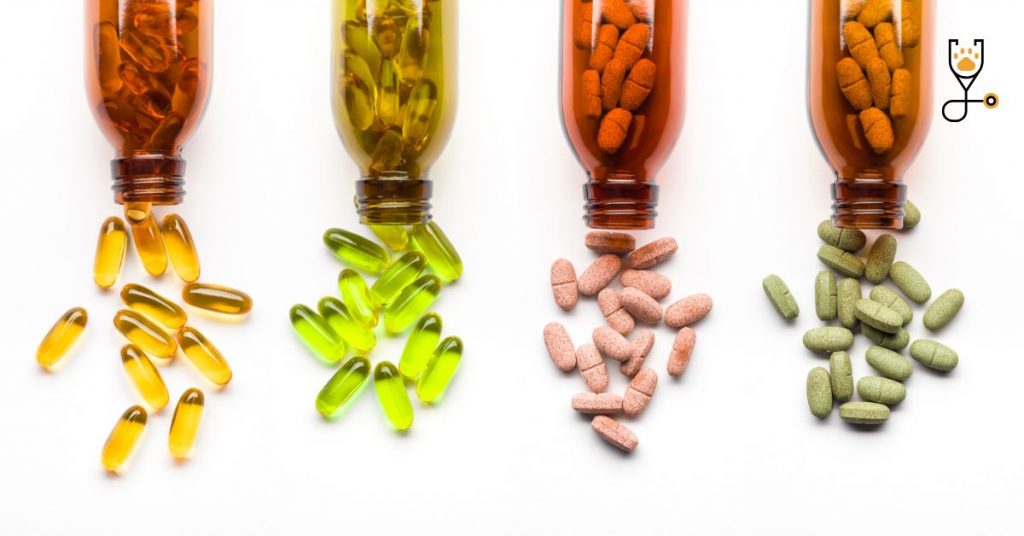
7. Water
Last but not least, water is an essential part of your bird’s diet. Make sure to change the water in their cage frequently and provide a clean source at all times. Additionally, you can add electrolytes to the water as these help keep your pet hydrated and healthy.
With this knowledge in hand, you can confidently provide your feathered friend with the best and healthiest food options available so that they can happily enjoy life! Remember, every species has its own specific dietary needs so be sure to do some research before deciding on which foods are right for your pet birds.

8. Finishing Touches
Finally, don’t forget to give your birds the attention they deserve. Adequate playtime and socialization are just as important as their diet in providing them with a happy and fulfilling life. Invest in some bird toys such as swings, ladders, or trays so that they can stay active and engaged in their environment. This will help keep them mentally stimulated while also improving their overall well-being!
Conclusion
Providing your pet birds with the right food can go a long way in promoting their health and well-being. Take the time to research which items are best suited for the specific species you have at home. Incorporate fresh foods like fruits and vegetables, as well as formulated diets like pellets, into their regular diet. Don’t forget to also include some treats now and then! Lastly, always make sure they have access to clean water and provide them with ample playtime so that they can stay active and engaged. With these tips, you will be able to ensure your feathered friends live happy and healthy life!
Frequently Asked Questions
Q: What is the best diet for pet birds?
A: The best diet for pet birds depends on the species. Generally speaking, fresh fruits and vegetables, formulated diets such as pellets, and occasional treats like nuts or seeds should be included in their regular diet. Supplements like probiotics and omega-3 fatty acids can also be added to ensure your feathered friend gets all the necessary vitamins and minerals they need to stay healthy. Additionally, make sure to provide them with access to clean water at all times!
Q: How often should I change my bird’s water?
A: It is important to keep your bird’s water fresh at all times so it is recommended that you change it daily or every other day. Additionally, adding electrolytes to the water will help keep your feathered friend hydrated and healthy.
Q: What types of bird toys should I get?
A: Bird toys such as swings, ladders, or trays can be great sources of entertainment for your pet birds. Invest in some toys that they can interact with and play around with so that they are kept mentally stimulated while also improving their overall well-being!
Q: How often should I feed my bird?
A: The frequency of feeding your pet birds largely depends on their age and size. Generally speaking, young birds should be fed every couple of hours while adults can usually have multiple meals a day. However, it is always best to consult with your avian vet for specific instructions regarding your feathered friend’s dietary needs.
